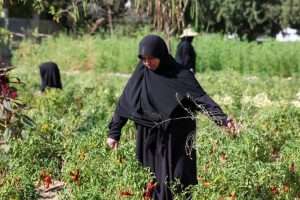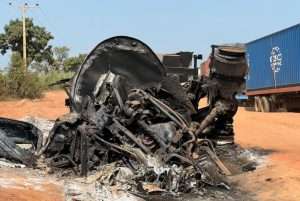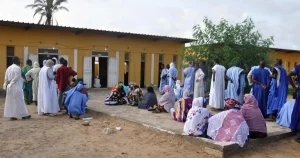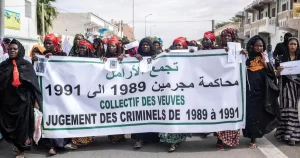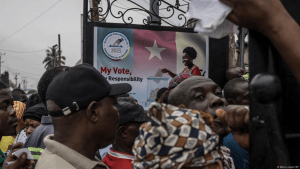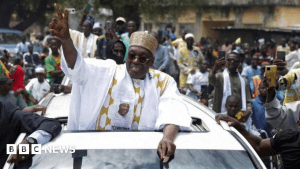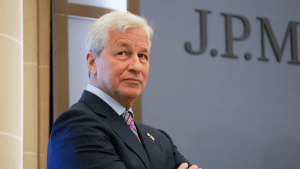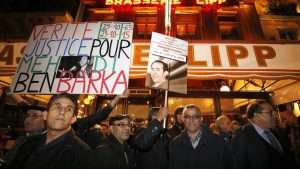Over 120 aid workers have been killed in Sudan’s civil war
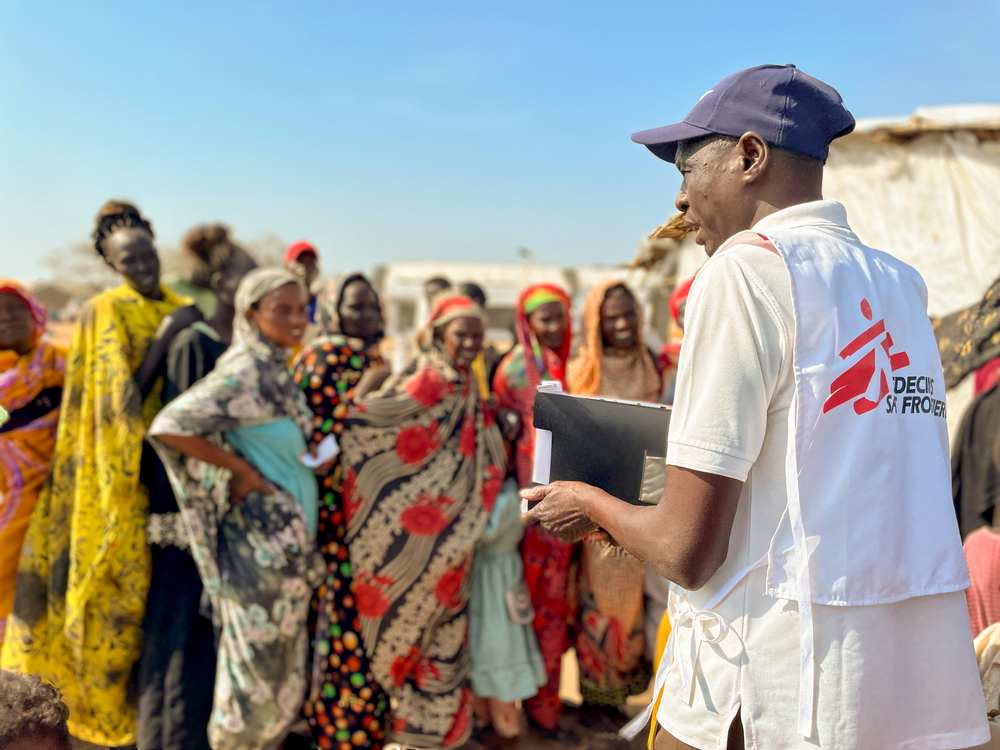
Over 120 aid workers have been killed in Sudan since the civil war erupted in April 2023, according to Asharq Al-Aswat on August 20th.
The United Nations Office for the Coordination of Humanitarian Affairs (OCHA) said on August 19th that the Sudanese civil war is one of the deadliest conflicts for aid workers anywhere in the world.
OCHA coordinator in Sudan, Luca Renda, stated that “Since the current conflict began in April 2023, more than 120 humanitarian personnel have been killed — nearly all of them Sudanese.”
The civil war started in April 2023 after a power struggle between the Sudanese military and the paramilitary Rapid Support Forces turned bloody.
Humanitarian aid workers frequently face ever-intensifying threats of harm by various armed groups. The threats include kidnapping, arbitrary detention, and violent attacks.
Renda commended the resilience of aid workers in Sudan. Despite the risk to their lives, humanitarians “cross frontlines. They navigate insecurity and bureaucracy. They risk everything to reach people in need. They have not given up — and neither must we.”
The victims include medics, drivers, volunteers and various other staff who consistently showed up to alleviate the immense suffering of local communities. Humanitarian workers are crucial as Sudan is facing a vast cholera outbreak, with at least 40 people dying of the disease within the space of one week in mid-August.
Renda lamented that “their deaths are a stain on our collective conscience and a stark reminder of the growing dangers faced by those who deliver life-saving aid.”
Renda, speaking on World Humanitarian Day, also warned that violations of international humanitarian law have become common occurrences in Sudan, with war crimes being committed by both sides.
“Every red line crossed is met with impunity, indifference and failure to act. This must stop.” The western region of Darfur, which is mostly under RSF control, has become the site of particularly violent crimes.
The Deputy Prosecutor of the International Criminal Court, Nazhat Shameem, informed the UN Security Council in July that “there is an inescapable pattern of offending, targeting gender and ethnicity through rape and sexual violence” in Darfur.
The Security Council recently urged both warring parties to return to diplomacy and negotiate a political settlement. However, with the RSF establishing a parallel government and the Sudanese military chief ruling out reconciliation with the paramilitary group, any form of serious peace talks taking place seems wholly unlikely.
Asharq Al-Aswat, Maghrebi.org, UN News
Want to chase the pulse of North Africa?
Subscribe to receive our FREE weekly PDF magazine





